An overview of selected new books in Szilárd Library, with a word from their authors, reviewers and publishers
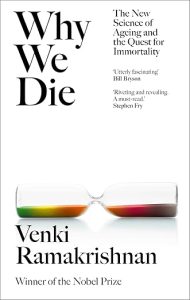
By Venki Ramakrishnan
In Why We Die, Ramakrishnan takes us on a riveting journey to the frontiers of biology. He explains the latest scientific understanding of exactly why we age and how we might prevent it. He examines the cutting-edge efforts to extend lifespan by altering our natural biology and raises profound questions.
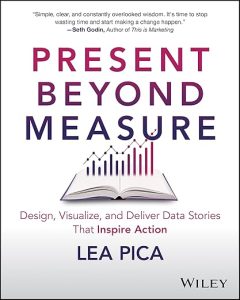
By Lea Pica
In this book, Lea Pica provides a 4-phase, step-by-step blueprint for planning, designing, visualizing, and delivering compelling data storytelling in business presentations, in a way to use neuroscience and cinematic storytelling techniques to galvanize your stakeholders into action.
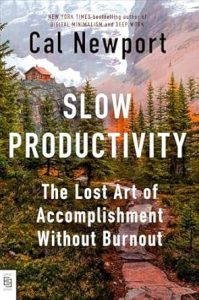
By Cal Newport
Combining cultural criticism with systematic pragmatism, Newport deconstructs the absurdities inherent in standard notions of productivity, and then provides step-by-step advice for cultivating a slower, more humane alternative.

By Alex Yagur
The book familiarizes you with the core principles and benefits of functional programming, juxtaposing it with imperative and object-oriented paradigms. You’ll get to grips with the functional features of C# and learn to write expressive, modular code through expressions, pure functions, and higher-order functions.
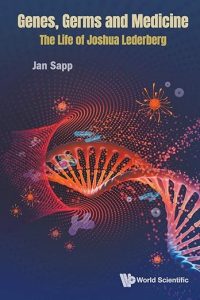
By Jan Sapp
Awarded the Nobel Prize at the age of 33 (the second youngest in history), Joshua Lederberg was also a complex humanist who spoke out for social justice, confronted racism, and denied a gene-centered view of humans. Lederberg was a man with a deep sense of social and intellectual responsibility, a trusted advisor to eight presidential administrations.
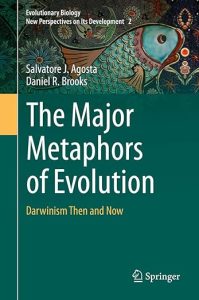
By Salvatore J. Agosta and Daniel R. Brooks
This book lays out a framework based on three dualistic classes of metaphors – time, space, and conflict resolution. Evolutionary transitions theory shows how metaphors can help us understand selective diversification, as Darwin described with his “tree of life”.

By Julian Gendreau, Nolan J. Brown, Shane Shahrestani, and Ronald Sahyouni
In this book, the authors discuss medical technological advancements of healthcare in 14 comprehensive chapters specifically designed to be read and understood by any individual interested in learning more about technology in medicine.
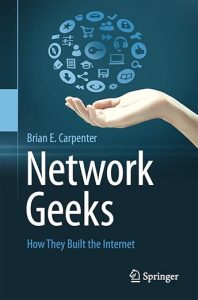
By Brian E. Carpenter
The impact on modern society made by the Internet is immeasurable. Yet some questioned “why anyone would want such a thing” when the idea was first introduced. Part history, part memoir and part cultural study, Network Geeks charts the creation of the Internet from post-war Britain to post-millennium New Zealand, describing how the Internet grew into today’s ubiquitous network.
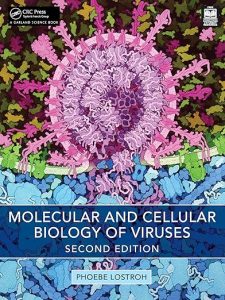
By Phoebe Lostroh
This fully revised second edition of Molecular and Cellular Biology of Viruses leads students on an exploration of viruses by supporting engaging and interactive learning. New to this second edition, a supplementary chapter, freely available for download, looks at how virology intersects with public health, and uses the COVID-19 pandemic as a notable example.
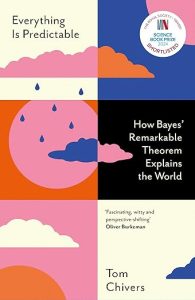
By Tom Chivers
Fusing biography, razor-sharp science communication and intellectual history, Everything Is Predictable is a captivating tour of Bayes’ theorem and its impact on modern life. From medical testing to artificial intelligence, Tom Chivers shows how a single compelling idea can have far-reaching consequences.

Edited by Eric Freedman, Sara Shipley Hiles, and David B. Sachsman
This book is a multidisciplinary environmental communication book that takes a distinctive approach by connecting how media and culture depict and explain endangered species with how policymakers and natural resource managers can or do respond to these challenges in practical terms.
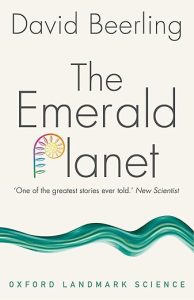
By David Beerling
David Beerling puts plants centre stage, revealing the crucial role they have played in driving global changes in the environment, in recording hidden facets of Earth’s history, and in helping us to predict its future. There could be no more important time to take a close look at plants, and to understand the history of the world through the stories they tell.











